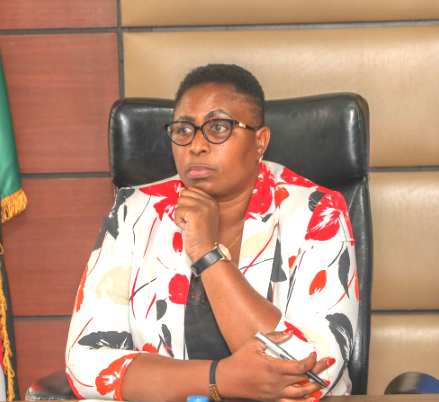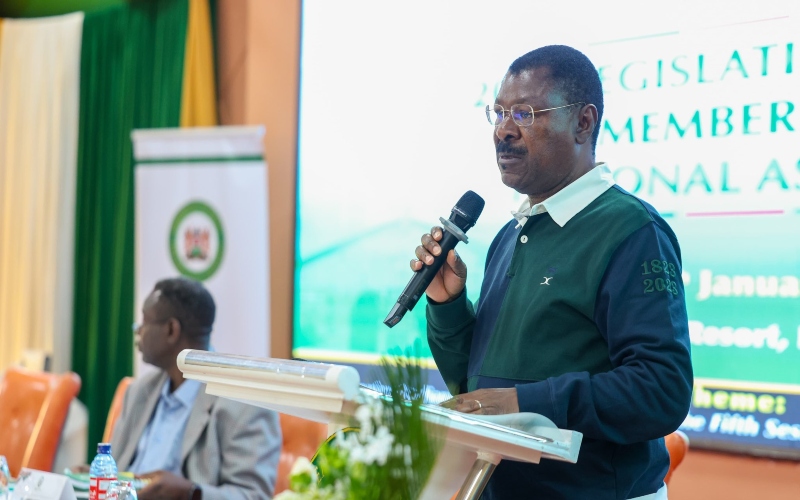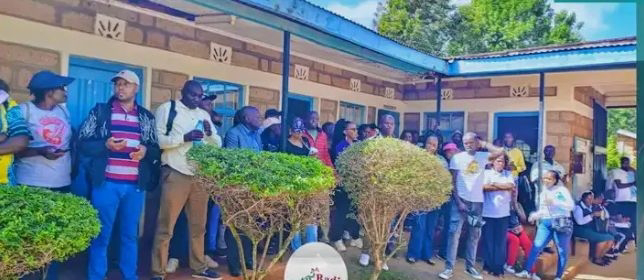Kenya is gearing up to host the World Kiswahili Day for the first time this year. On June 5, Aisha Jumwa, the Cabinet Secretary for Gender, Culture, the Arts, and Heritage, established a National Organising Committee consisting of 17 members to coordinate the third World Kiswahili Day celebrations from July 5 to 7.
Prominent events will feature Usiku wa Mswahili, culminating in the World Kiswahili Day on July 7. The minister anticipates President William Ruto’s attendance as the chief guest at the celebrations, which are proposed to take place in Mombasa.
“Kenya has been granted the opportunity to host this year’s celebrations. We must do the necessary preparations and convince those who proposed our name that they made the right choice. I will ensure funds are made available for everything to run smoothly,” Jumwa said.
She mentioned the establishment of a National Kiswahili-Speaking Day, as a result of the significant events. “There’ll be a special day set aside when every Kenyan, including the President, judges in courts, civil servants and teachers will be expected to speak exclusively in Kiswahili,” said the CS.
READ ALSO:
Best 15 students per class in Muranga day schools to receive KSh15000 each
In the previous year, during the East African Community (EAC) celebrations commemorating World Kiswahili Day, Kenya was designated as the host for this year’s events. The second regional World Kiswahili Day celebrations occurred in Kampala, Uganda, in 2023.
Zanzibar hosted the inaugural event, which President Hussein Ali Mwinyi presided over. This occurred one year after the General Conference of UNESCO, held in Paris, France, officially declared July 7 as World Kiswahili Language Day.
Regarding the establishment of the National Kiswahili Council, which has faced delays since receiving Cabinet approval in 2014, Jumwa stated that the bill is currently in an advanced stage.
“It has taken a long after being presented to the Office of the Attorney-General, but that is because the bill has to be translated into Kiswahili,” she said.
“The bill has already been translated into Kiswahili, thanks to Prof Kimani Njogu, who volunteered to do it as a patriotic Kenyan and Kiswahili scholar,“ said the CS.
“The council is a requirement by the EAC and Kenya cannot have the Kiswahili Council without the law,” she added. Article 119 of the East African Community (EAC) Treaty focuses on developing and promoting indigenous languages, with a special emphasis on Kiswahili as a lingua franca.
Kiswahili is one of the most widely spoken languages in sub-Saharan Africa and among the 10 most widely spoken languages globally with over 200 million speakers.
Tanzania, Kenya, and Mozambique are the primary countries where Swahili is spoken. It is also found in Comoros, Uganda, Burundi, Malawi, Madagascar and Oman. Swahili emerged as a lingua franca during the era of contact between Arab traders and the Bantu inhabitants of the East African coast.
By Frank Mugwe
You can also follow our social media pages on Twitter: Education News KE and Facebook: Education News Newspaper for timely updates.
>>> Click here to stay up-to-date with trending regional stories






